Lesson 1 - Greetings
Most Japanese people bow to each other when they first meet. Bow in Japanese is ojigi. The lower the bow, the more you are honoring the person. Friends usually don’t bow too deep. Even though bowing is a way to respect one another, it can also be a way to insult the other. If you bow too deep or don’t bow enough, it could be considered mocking or insulting them.
In the morning, before 10:30 am, you would say Ohayou gozaimasu, which translates to “Good morning”. In modern day Japan, you don’t pronounce the “u” on the end; you just let it hang on the s. It would sound like “gozaimass”. For less formal situations, you can merely say Ohayou. From 10:30 am to 5:00 pm (during the day) you would say Konnichi wa, which translates to “Good afternoon” or just plain “Hello”. After 5:00 pm, you would greet others by saying Konban wa, which translates to “Good evening”. Before you go to sleep, you would say to others Oyasumi nasai, which translates to “Sleep well” or “Good night”. A more informal way of saying this would just be oyasumi.
Another phrase, though it is not much of a greeting, is one you say when you come back in a house where you are staying. You would call out Tadaima, which is basically an “I’m back home” type greeting. Anyone in the house would respond to you, mostly with Okaerinasai. It is disrespectful when you come back and not say tadaima.
| Japanese | Romaji | English |
|---|---|---|
| お辞儀 | Ojigi | Bow |
| おはようございます | Ohayou gozaimasu | Good morning |
| こんにちは | Konnichi wa | Good afternoon |
| こんばんは | Konban wa | Good evening |
| おやすみなさい | Oyasumi nasai | Good night |
| ただいま | Tadaima | I’m home |
| おかえりなさい | Okaerinasai | Welcome back |
